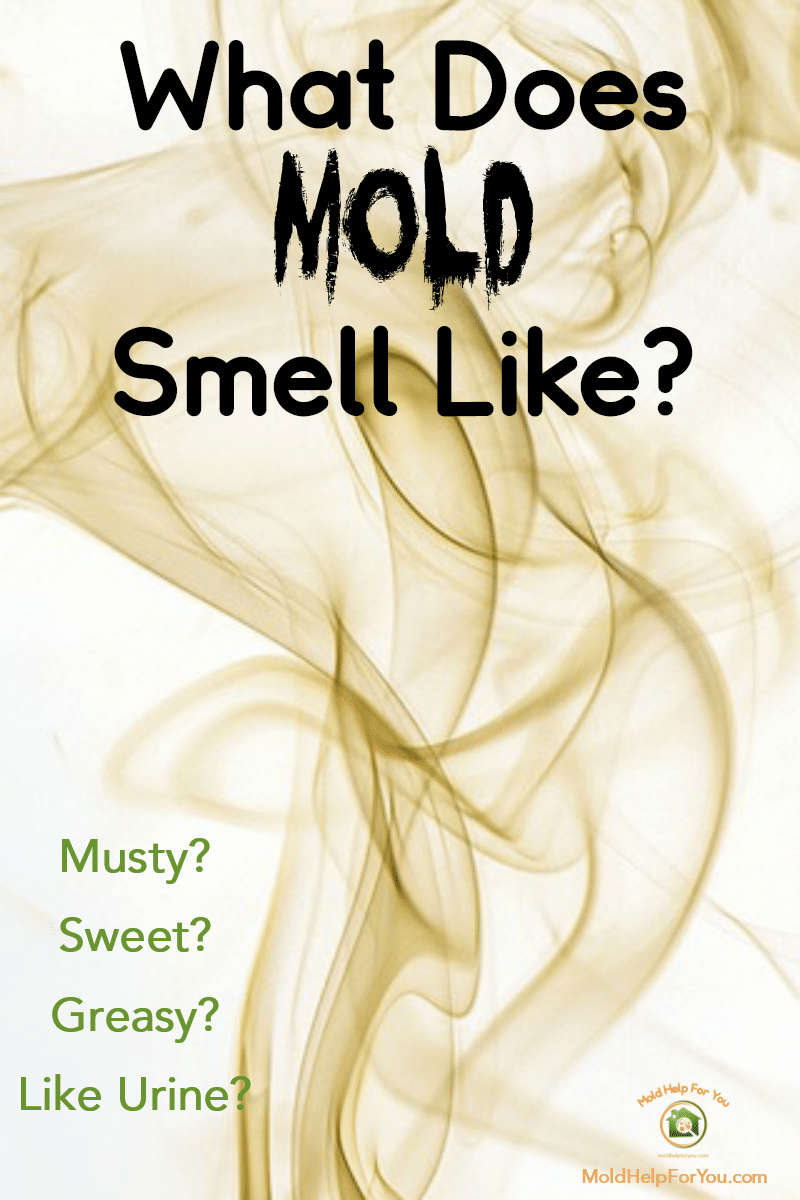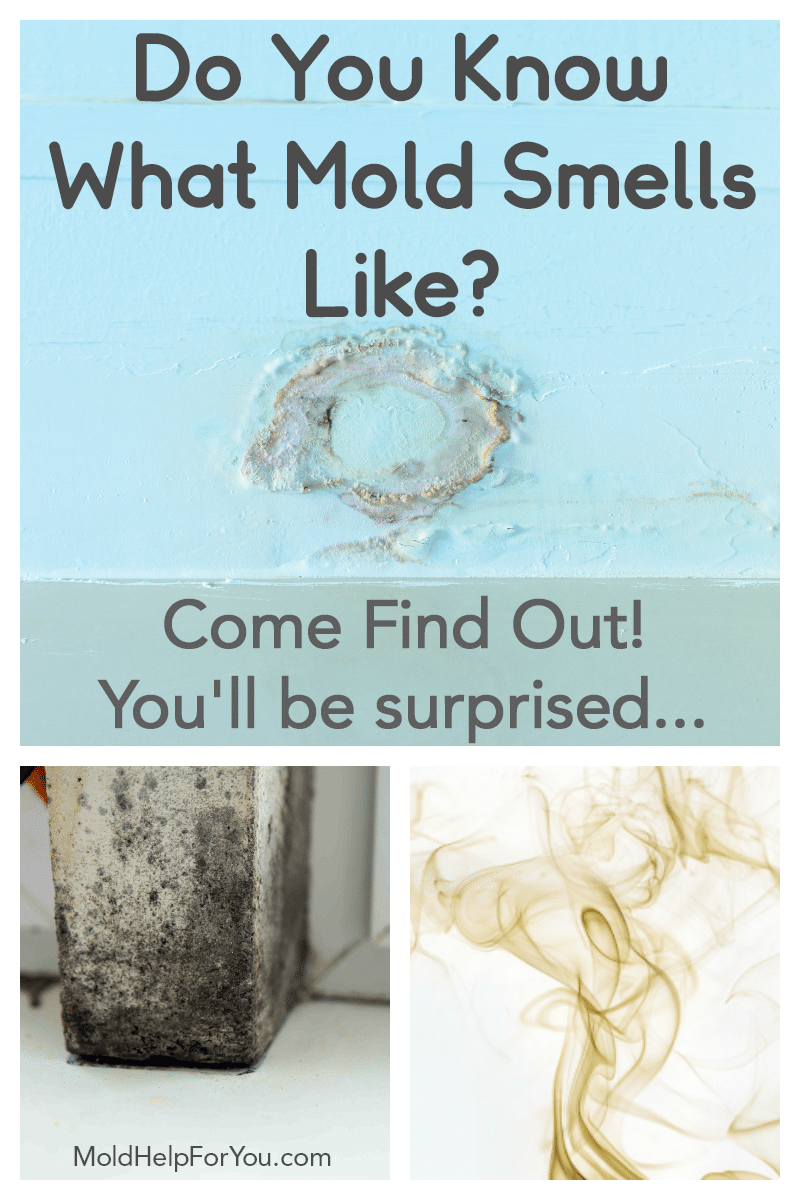Sweet Musty Smell In Bedroom
Sweet Musty Smell In Bedroom
What does mold smell like? This is a great question and one that is very popular in search engine results. In fact, if you were to run a query right now, you would see the following questions asked:
- Can you smell mold?
- Does mold smell?
- What does indoor mold smell like?
- What does mold in walls smell like?
- What does mold smell like in a bathroom?
- What does mold smell like in carpet?
- Does mold smell sweet?
- Does mold smell like body odor?
- Does mold smell like ammonia?
- Does mold smell like urine?
- Old house musty smells
- And about 100 more variations.
Clearly the topic of how mold smells is a confusing one since it doesn't smell the same from person to person. If you were to ask a stranger on the street what mold smells like you likely will get a response akin to "a damp basement," "musty," or "an old house." While these descriptions can be accurate, they only really scratch the surface of what mold can smell like.

But Wait – Is That Really Mold That You Are Smelling?
In some cases, yes. In most cases no. What you are actually smelling are the mycotoxins produced by mold. (If you aren't sure what mycotoxins are all about, I suggest you read my post on Mycotoxins before finishing up this post.)
Mycotoxins typically produce rather pungent odors that range from everyday odors that are out of place to nearly indescribable odors. For example, stachybotrus which produces trichothecene has been described as smelling like cat urine. I personally got a whiff of cat urine in my moldy home from time to time. But mainly, our house smelled like burnt chorizo. That is literally the only way I can describe it. Super odd odor that never went away and something I could never find the source of. I wrote it off to our house holding onto cooking odors until I actually began to smell like grease all the time. I digress…
Some mycotoxins are known to produce a specific smell but there are quite a few "common" smells that can be attributed to any type of mold and mycotoxin. Let's look at some specific mold smells first and then dive into the "all-inclusive" odors.
Stachybotrys and its mycotoxins have been described as smelling like:
- Cat urine
- Mowed grass
Aspergillus and its mycotoxins have been described as smelling like:
- Cooked Fat
- Oil
Chaetomium and its mycotoxins have been described as smelling like
- Musty
- Earthy
Non-species specific odors include:
- Acetone
- Acrid
- Ammonia like
- Baking Bread
- Camphor Like
- Cigarette Smoke
- Cinnamon
- Damp
- Dirty Socks
- Exhaust from a lawnmower
- Fermented Alcohol
- Greasy
- Herbaceous
- Locker Room
- Maple Syrup
- Meaty
- Musty
- New Drywall
- New Paint
- Nutty
- Old Cheese
- Peppery
- Rotting Wood
- Sour milk
- Stale sweets
- Wet Dog
- Wet Rocks
- Wet Socks
As you can see, mold can emit many different types of odor, just like it can come in many different colors and textures.
So, how do you know if what you smell is mold and not just the occasional odd smell in your home?
- If aromatic mold is present, the smell will not fade no matter what you do to ventilate the room. Mold's odor is persistent.
- If you feel like you're breathing in stale or damp air, even when the windows are open, you likely are being suffocated by the smell of mold.
- If you're dealing with irritation or constant sneezing when you're in a specific room, this can also be a sign of a moldy smell.
It is important to note that a lot of mold and mycotoxins have no discernible smell at all. Just because you can't smell them, does not mean they are not there. It's essential to detect and get rid of mold immediately because the human body can adapt to the smell of mold pretty quickly. This was the case in my home. I stopped smelling the weird smells because I was so used to them.
What Exactly Causes Mold To Smell?
Back to those mycotoxins. The smell associated with mold derives from mycotoxin gasses, which are called microbial volatile organic compounds (MVOC). Some molds and mycotoxins produce different MVOCs depending on conditions such as how much moisture is available and what material the mold is growing on. However MVOCs are only produced at all when mold is actively growing. This is because MVOCs are the waste products created by mold as it grows.
The Difference Between A Musty Smell and A Moldy Smell
Moldy smells and musty smells are similar in nature and both are caused by the presence of mold or mildew. (Read more about the difference between mold and mildew in this post).
The main difference between a musty smell and a moldy smell is that musty odors are not nearly as strong and often come on during times of heavy rain or during a change of season. A musty smell from mildew is often very easy to isolate to the area where the mildew is growing whereas the moldy smell might waft all over the house and not be easy to isolate.
Is The Smell Of Mold Harmful?
The smell of mold is often noticed before its presence is made visually evident. This is where the problem lies. By the time you smell the mold, your health may have already been impacted.
MVOCs can cause symptoms like headaches, nausea, dizziness and fatigue. MVOCs may also irritate the eyes and the mucus membranes of the nose and throat. Our understanding of MVOCs is still limited but the consensus is that they do have the potential to cause significant health issues.
Beyond that, if you smell mold it also means you are inhaling mold spores and absorbing them through your eyes and skin. This can cause a wide variety of health issues as well.
What Should You Do If You Think You Smell Mold?
If you suspect mold is present but do not see mold or have an active leak, the next step is to test for mold. You can choose from a variety of DIY options or hire a professional mold inspector.
Since the smell is a sign that mold is actively growing in your home your next step after testing is to remediate the mold problem as soon as possible.
Can You Still Smell Mold After Remediation?
Hopefully not. The remediation process is designed to remove and replace all moldy materials as well as "scrub" the air. While it is not a 100% guarantee that every mold spore or mycotoxin will be removed, a reputable remediation company will remove and clean as much of your home as possible which in theory will eliminate any moldy smells as the mold should be gone.
Besides Remediation, Are Their Easy Ways To Get Rid Of The Mold Smell?
The only way to get rid of the mold smell is to remove the mold. Air fresheners, disinfectant sprays, household cleaning products, candles, incense, and potpourri may temporarily cover up the smell but they won't get rid of it because you are not addressing the source of the smell. In addition, they can release there own set of toxins and chemicals which can compromise your health further.
The EC3 Candle has been proven to remove mold spores and mycotoxins in the air and as such, removes the moldy smell. I have used these personally and can attest to their effectiveness. You still need to address the mold problem but the EC3 candles can definitely help in the short term.
There are also some mold remover sprays that do work to some degree.
Have you ever smelled a moldy smell? What did it smell like to you? I am already adding to this list based on your comments.
A version of this post first appeared on Hybrid Rasta Mama. It has been significantly updated for inclusion here.

Source: https://moldhelpforyou.com/mold-smell-like/


Tidak ada komentar:
Tulis komentar